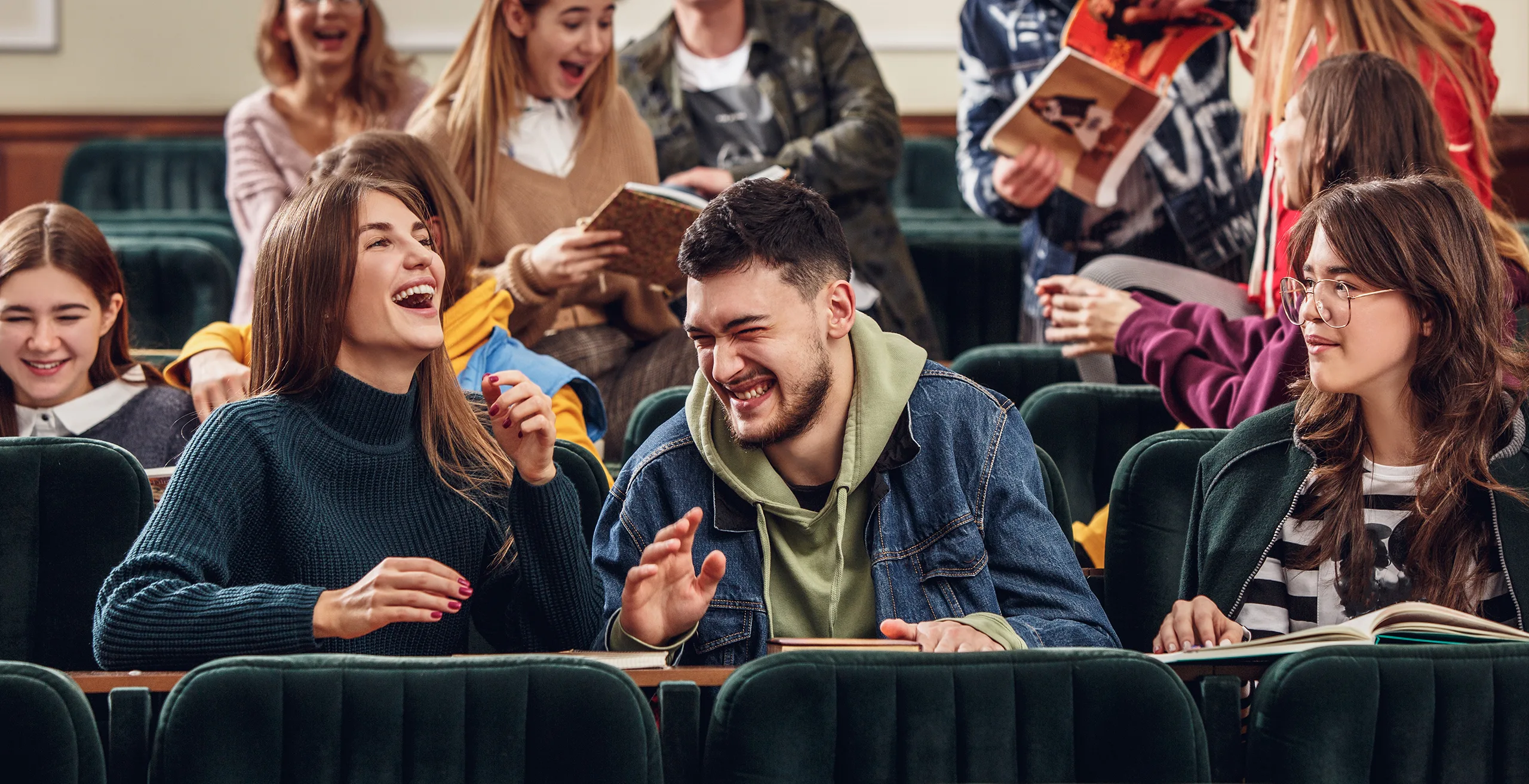
What will higher education and healthcare look like in 50-100 years? What kind of new equipment and methods will healthcare have?
How can doctors use space research results in healthcare?
What healthcare challenges do space travellers and astronauts have to face?
How and with what innovative methodology will be used to teach currently known subjects to students of the future?
What do we need to do now, what skills do we need to teach and why, in order to ensure today’s youth will be able to face the challenges of the future?
I. Story for the task:
Education and healthcare are as old as humanity. Handing over the knowledge of the elderly has been key in the life of man and mankind. Many times, the existence or non-existence of a community rested on this transfer of knowledge. Just as people, the transfer of knowledge, education and healthcare have all undergone changes during the past hundreds of years. Space travel, periodic stay on a space station or long-term life on another planet requires different knowledge and skills from the people of today and the future compared to life on Earth. This requires us to develop new knowledge transfer methods aside from the traditional methods of education, and to integrate this knowledge into everyday healthcare and prevention. We await ideas, theoretical or practical solutions to these questions.
Applications are possible on two categories:
a. Medical, healthcare category
b. Pedagogy, education category
II. Terms of application:
1.) Eligibility for application:
a.) Medical, healthcare category: students with active, full-time student status (one-tier, BA/BSc, MA/MSc courses) in Hungarian medical, dental or pharmacy courses, or health science higher education.
b.) Pedagogy, education category: students with active, full-time student status (one-tier, BA/BSc, MA/MSc courses) in higher education
Application is possible individually, or in groups of 2-3 members.
2.) Mandatory documents and content required for application in both categories:
• student status certificate
• filled application form
• text summary of the application material in the suggested format below (appendix I.):
◦ What is the problem or challenge the project is proposing to solve? [maximum 2000 characters with spaces]
◦ pervious scientific results or existing market solutions related to the topics [maximum 1000 characters with spaces]
◦ Introduction, exposition of the project, with specific focus on new content and innovation potential [maximum 3500 characters with spaces]
• A video of maximum 3 minutes, uploaded to YouTube, summarising the content of the project.
3.) Optional content to be handed in with the application that can be an advantage during review (Appendix II.):
• Digital information material (2D or 3D animation, PowerPoint presentation, graphic summary image)
• IT software – for example, a gamified software solution, education software, website or plans for such
• 3D model (digital or 3D printed)
• Any other development plan or prototype
Please introduce your optional content in the mandatory introductory video and the application summary as well (Appendix II). If needed, content can be shared via file sharing services, with a link pasted into the application interface. Physical models do not have to be submitted, images and videos about them are sufficient.
III. Questions and topics related to the task:
a.) Medical, healthcare category
• The effects of long-term microgravity on the human body; prevention and treatment methods
• New medical devices and methods in space medicine
• Colonization and contagious diseases – pandemic-control during long-term space missions and colonization
• How could 3D bioprinting support conquering new planets?
• Digital and IT solutions in the future of medicine – artificial intelligence, augmented and virtual reality (AR/VR) and robotic solutions
• Eating in space – challenges and opportunities
• Emergency cases in space – acute treatment options in Moon missions
• The role of physiotherapy in maintaining biomechanical balance before, during and after space travel
• The psychology of space travel – choosing the correct staff, discovering potential risk factors, psychological diseases and their prevention and treatment during space missions
• The potential role of 3D printing in space-medicine
• Telemedicine and space medicine – new opportunities in distance diagnostics and distance treatment (automated and semi-automated treatment options)
• Medical and healthcare training in space – new methods and solutions
b.) Pedagogy, education category
• Presenting the creation of the Solar System based on various scientific theories
• Comparing temperature, air pressure, cosmic radiation, gravity data on various planets of the Solar System
• The history, milestones and possible future of space travel
• The interaction of the Cold War and space travel
• Communication tools in space
• What would happen, if all satellites stopped working?
• What does space research mean for humanity? Why is it important?
• How would you justify spending this much money on space research while there are still so many unsolved problems on Earth?
• Why do we need manned space travel? Why is it not enough to send automated sensors and robots to space?
• Our big visions of conquering space
• What influence does education have on space research right now?
• What kind of research would you do, if you had the opportunity to participate in space travel as a researcher?
• What new subject would you introduce, and what would you teach today’s youth to ensure they could work successfully in this field?
In the submitted applications we await works that contain theoretical or practical ideas, plans or suggested solutions for one or more of the questions above.
IV. Application process
During the registration, the teams (individuals) automatically receive a registration for this website and can submit the fieldwork as detailed in the reply e-mail.
V. Awards
For each age group:
1. place: 350 000 HUF value digital gadget
2. place: 300 000 HUF value digital gadget
3. place: 250 000 HUF value digital gadget
VI. Other declarations for the protection of personal rights and copyright.